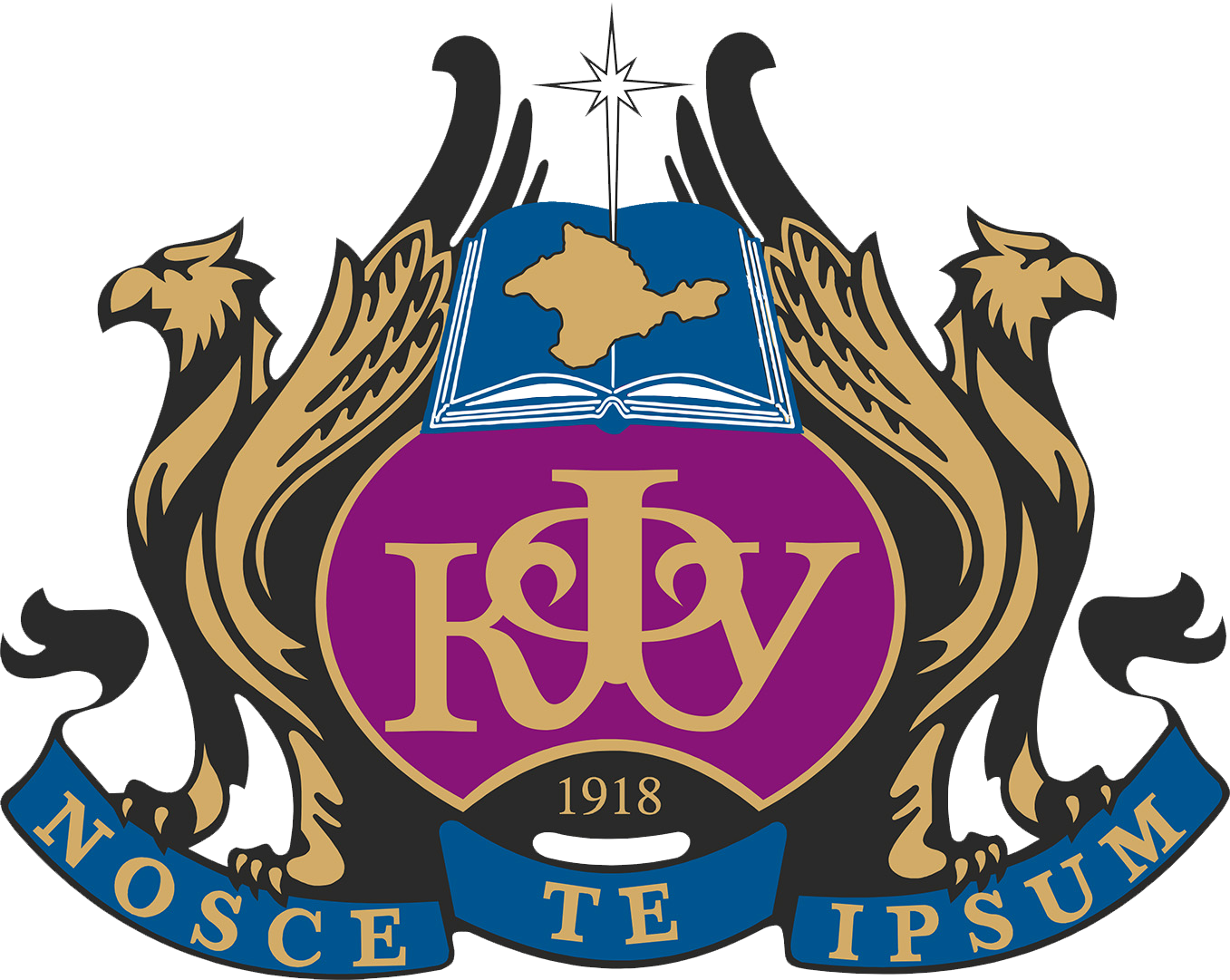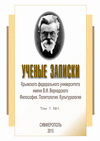The article defines the principles of transformation of the US foreign policy after 2016 both at the global and regional levels, based on the analysis of the historical experience of American foreign policy and the main doctrinal documents; identifies the main reasons for the transformation of the foreign policy of the Donald Trump administration in the first presidential term and makes a forecast for the second. The combination of the systemic and geopolitical approaches in the methodology allowed for the creative application of the principles of dialectics inherent in the American foreign policy tradition: isolationism and interventionism, on the one hand, and political realism and idealism, on the other. The authors have come to the conclusion that US foreign policy will be based on greater independence from its allies, an emphasis on the use of force against competitors: China, Russia, Iran and North Korea — and will be aimed at forming a «balance of power» in various regions favorable to the United States, preventing control of any of the world’s regions by one power. The Black Sea and Mediterranean region is not singled out separately by the USA, however, it is part of three central areas for American foreign policy: Europe, the Middle East and Africa. This provides a certain frameworkfor the implementation of the Russian foreign policy course, which supposes dividing spheres of influence in the Black Sea region with Turkey and preventing presence of other actors in the region while simultaneously creating a favorable balance for itself in the Mediterranean region, especially in its eastern part, by expanding the circle of allies. At the same time, Russia’s foreign policy in this region should exclude a scenario in which the USA and/or its allies implement a historical analogy of the Crimean War and the Paris Peace Treaty of 1856
USA, Russia, isolationism, interventionism, globalism, balance of power.
1. Popova E.I. Amerikanskiy izolyacionizm i sozdanie Versal'sko-Vashingtonskoy sistemy // Voprosy istorii. - 1964. - №5. - S.78-94
2. Graebner N. The new isolationism; a study in politics and foreign policy since 1950 /N. Graebner. - New York: Ronald Press, 1957. - 289 p.
3. Voytolovskiy F. «Opredelenie strategicheskih celey - eto sfera ideologii...» // Mezhdunarodnye processy. - 2017. - T.15 - № 1 (48). - S. 157-168.
4. Kapchan Ch. Stolknovenie isklyuchitel'nostey // Foreign Affairs. - 2018. — №2 URL: https://globalaffairs.ru/number/Stolknovenie-isklyuchitelnostei-19746
5. Taiwo B. Nowhere to Hide: Nation States’ Security and Stability in the Age ofGlobalization //Journal of Globalization Studies. - № 8 (2). - R.27-41.
6. Friedman G. The Storm Before the Calm: America’s Discord, the Coming Crisis of the 2020s, and the Triumph Beyond. - Doubleday, New York, 2020.
7. Kissindzher G. Diplomatiya / G. Kissindzher. - M.: Ladomir, 1997. - 848 s.
8. Cupchan Ch. The End of the American Era: U.S. Foreign Policy and the Geopolitics of the Twenty-first Century. - New York: Random House USA Inc., 2003. - 416 p.
9. Klyuchi ot Evrazii. Rossiya i Turciya v Chernomorskom regione /Pod red. A,A. Irhina. - M.: Aspekt-Press, 2024. - 264 s.
10. Yurchenko S.V. Geostrategiya SShA v processe stanovleniya global'noy derzhavy. Dis. dok. pol. nauk. - K., 2001. - 430 s.
11. Historical Tables, Budget ofthe United States Government 1985-2018. URL : https://fraser.stlouisfed.org/title/383#issues
12. Trading Economics. United States GDP. URL : https://tradingeconomics.com/united-states/gdp
13. Kennedy P The Rise and Fall of the Great Powers. - New York: Random House USA Inc., 1987. - 704 p.
14. National Security Strategy of the United Stated of America. December 2017
15. National Biodefence Strategy. 2018.
16. Summary of the 2018 National Defense Strategy of the United States of America. Sharpening the American Military’s Competitive Edge.
17. Irkhin A., Moskalenko O. 2020. Russia’s Foreign Policy in the Great Mediterranean: Prospects and Constraints // Geopolitics Quarterly. - № 15(56). - R. 110-121
18. Dogovor o vseob'emlyuschem strategicheskom partnerstve mezhdu Rossiyskoy Federaciey i Islamskoy Respublikoy Iran// Prezident Rossii. 17.01.2025. URL: http://www.kremlin.ru/supplement/6258
19. Degterev D.A., Ramich M.S., Cvyk A.V. SShA — KNR: «vlastnyy tranzit» i kontury «konfliktnoy bipolyarnosti» // Vestnik Rossiyskogo universitetadruzhby narodov. Seriya: Mezhdunarodnye otnosheniya.





